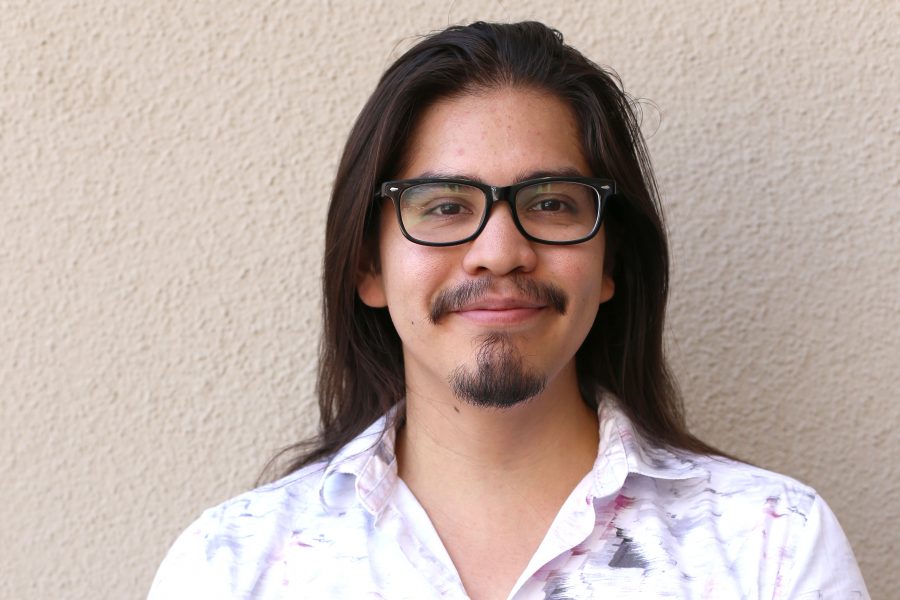The news is chaotic. It seems as though every day something terrible and important has happened, and you haven’t yet grasped the implications of one tragedy before another takes its place.
They’re exciting, no doubt, and each has it’s own importance in the world. Another bombing, an airline goes rogue or a press secretary makes a stupid blunder. Each of these issues in the past week received national attention. And deservedly so. Passengers shouldn’t be dragged covered in blood out of a seat they paid for, and it’s important to remember that Hitler did use chemical weapons. Some critics will call these recent scandals an example of “outrage culture,” where people are angry at seemingly inconsequential things. I would slightly disagree, but only slightly.
It’s not a culture of outrage at meaningless events on a day-to-day basis, it’s an outrage of events that have an obvious fix, and an end in sight. When faced with multiple problems, it’s easy to focus on the one that can be solved the quickest.
The larger problems are not ignored, but pushed to the back burner. And in the end we have pushed the largest and most complicated problem so far back that it has become as meaningless as talking about the weather. I’m talking about climate change.
Don’t get me wrong, aside from those who blatantly ignore science, most people are aware of it. We know what the Paris Agreements are, which things to recycle and that we really should curb back emissions. But besides agreeing that something must be done, nothing is getting done. Which is a problem because not solving it affects everyone, and solving it affects everything we know. Our entire economic system is based on the fact that people need to continue to buy things. We need cars, we need phones and we need to eat. The production and transportation of basic necessities constitutes a problem for our world.
We know all of this, which is why we ignore it, and it’s not working. It’s not working because we think the problem is more complicated than it is, and nobody believes that the solutions to stopping the rising temperatures are feasible. But we are misinterpreting the problem for the solutions. Luckily, there is not one massive solution, but many smaller ones that can be implemented by everyday people. Just google “solutions climate change” and you are met with a plethora of sites, organizations and ways that people can help one of the greatest issues of our species.
There is no reason to assume that the destruction of our environment is inevitable. People’s outrage changes the world every day. It only took one day for that ridiculous Pepsi commercial to be taken down, and that was just something annoying and benign. We live in a time where collectively we have a greater say in everything that happens because we are so connected to everything that happens.
Collectively, climate change is a big problem, but it comes with a lot of easy smaller solutions. So instead of focusing on the larger problems that paralyze participation and progress, let’s focus on looking for smaller solutions.







